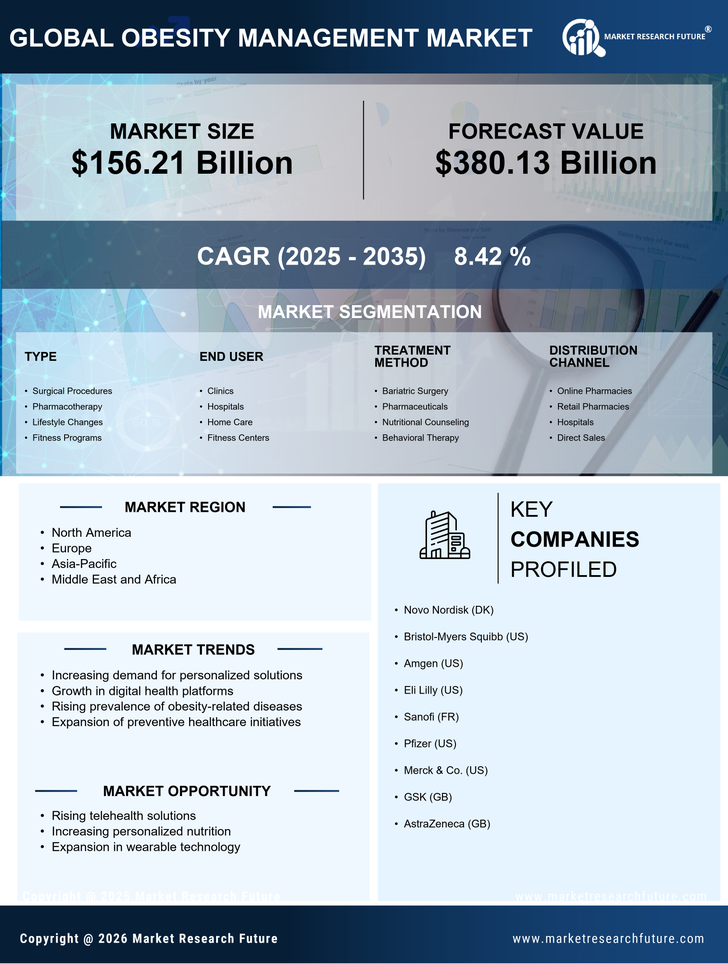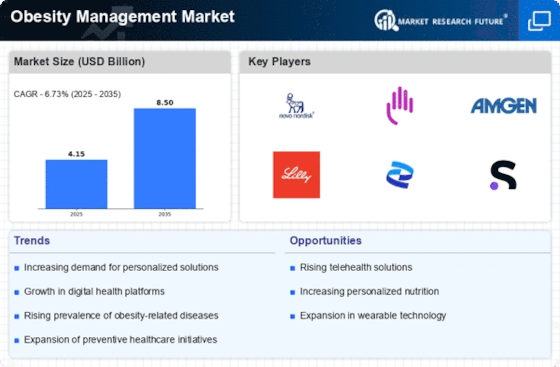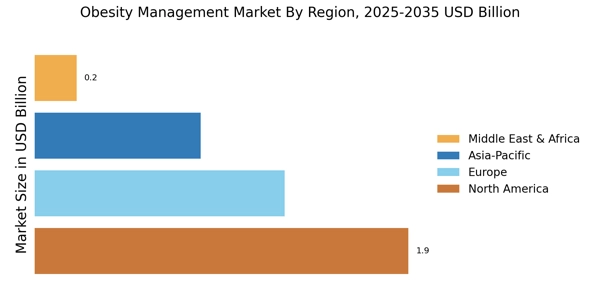Research Methodology on Obesity Management Market
Market Research Future (MRFR) has conducted extensive research for its report on the global obesity management market and relied on secondary and primary research. In the report, analysts of MRFR have used Porter’s Five Force Model and have taken into account numerous industry trends and dynamics. MRFR has also included a SWOT analysis in the report.
Secondary Research
MRFR conducted secondary research to gain a thorough understanding of the market size, forecast and trends. Secondary research sources used included analyst reports, government databases and websites, industry associations, journals and other data sources such as Bloomberg, Hoovers, Factiva and Datamonitor, particularly in emerging markets. We have triangulated the data gather via secondary sources with primary sources to gain further insights into the global obesity management market.
Primary Research
Primary research is essential for understanding and verifying the market data gathered via secondary research. Market experts and industry leaders are consulted to prepare the market report. An interview guide is prepared for taking in-depth insights from industry experts and for validating the data gathered via secondary research.
Computer-Aided Design (CAD)
MRFR is using CAD (Computer Aided Design) in its reports. Computer-Aided Design is a novel and most recent research method that helps in creating accurate information from the data acquired from secondary and primary sources. This helps in creating accurate, powerful and effective information models. Based on various parameters such as investments, costs, return on investments, market share, sales and growth rate, CAD helps in creating highly authentic and reliable market reports.
Market Data Validation
MRFR uses highly advanced and reliable techniques to validate market data. Market experts and industry leaders are consulted throughout the market data validation process to ensure the accuracy of the data gathered and analyzed. This helps in creating a highly reliable and robust market report. Based on certain assumptions and hypotheses, the market report prepared by MRFR is also checked and cross-checked.
Analysis Used
MRFR makes use of various analytical techniques and types of analysis to understand the dynamic of the global obesity management market. The analytical techniques used include Porter’s Five Force Model, SWOT Analysis, and Linear Regression Analysis. These techniques cover the entire market under study, covering the macro and the microenvironment.
Porter’s Five Force Model
MRFR makes use of Porter’s Five Force Model to analyze competitive trends among the leading players in the global obesity management market. According to this study, the bargaining power of suppliers, threat of new entrants, bargaining power of buyers, threat of substitutes and degree of competition in the market are studied to understand the competitive trends in the market.
SWOT Analysis
MRFR makes use of SWOT Analysis in its report to understand the strengths, weaknesses, opportunities, and threats involved in the global obesity management market. This method helps MRFR to identify and understand the responses to internal and external factors in the market.
Linear Regression Analysis
Linear regression analysis is done by MRFR to predict the trend in the market. This analysis helps in understanding the historic factors which impact the market and provides information about past, current and future trends in the market. The analysis helps in estimating the total revenue in the global obesity management market and also provides information about the market size of the segment.
The final report is a comprehensive compilation of the research and analysis conducted by MRFR during its research process and gives an accurate picture of the global obesity management market. These data can be used by the market players to create strategies, formulate policies and roadmaps, and make decisions relating to the market and the industry in general.


















